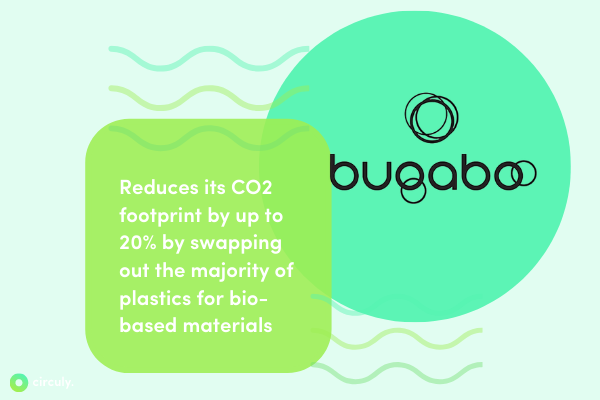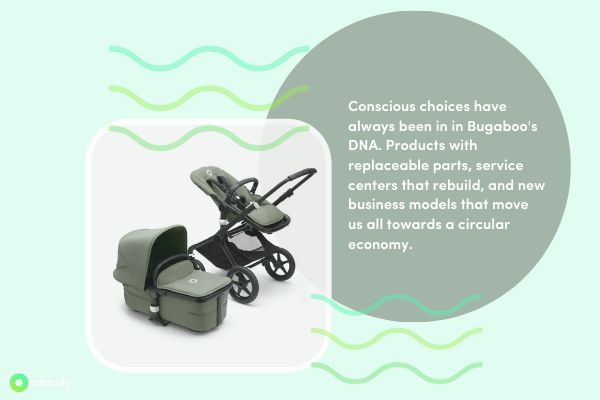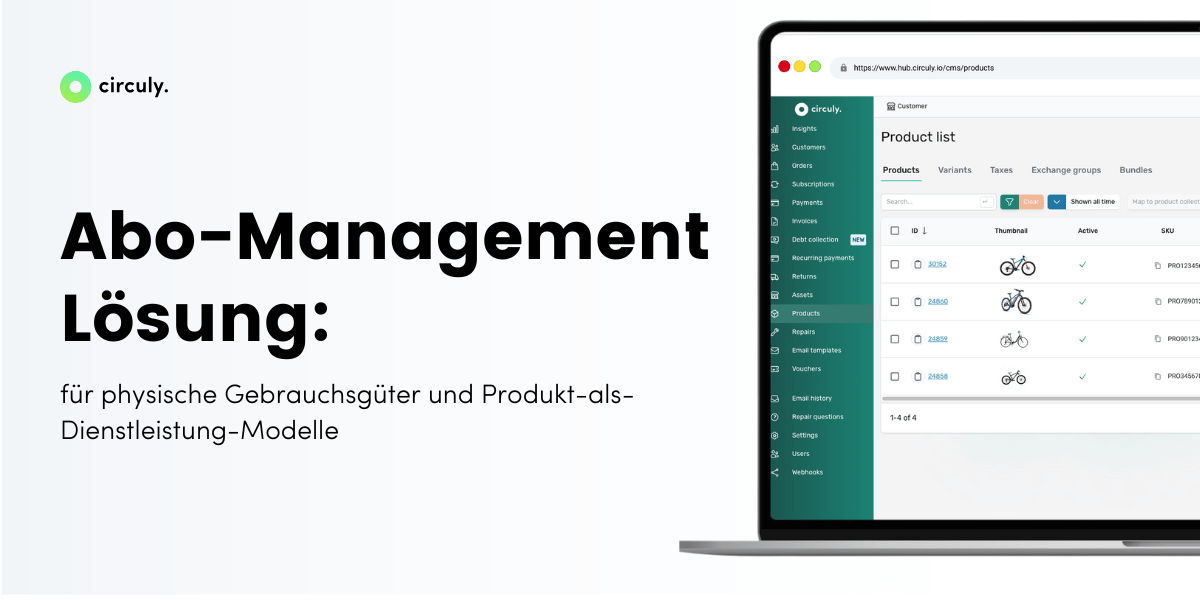Bugaboo is a Dutch company founded in 1996 by Max Barenburg and his brother-in-law Eduard Zanen and is known for revolutionising the baby stroller industry.
They manufacture high-end baby strollers and goods that are known for their clean design and outstanding quality.
Over the past 20 years, they've not only innovated their product line and introduced award-winning innovative designs but have also seen their fair share of stardom; a cameo on HBO's hit series "Sex and the City" and a feature in a series of Dutch postage stamps.
Bugaboo products can be bought online on their own website and via third-party retailers.
Bugaboo subscription model: Bugaboo Flex
In 2021 Bugaboo launched a monthly subscription service for its strollers, namely Bugaboo Flex.
With Bugaboo Flex, customers can access some of the best Bugaboo products on a monthly subscription basis. Instead of paying upfront, customers can pay a monthly price to get access to their products. The contracts are flexible and range from 6 to 24 months. Strollers can be exchanged (swapped) or returned at the end of the contract.
Why did Bugaboo decide to launch a monthly subscription service?
Belief in the future of the sustainable “sharing” economy
Bugaboo products are tested beyond industry standards and built to last.
And with Bugaboo Flex, Bugaboo can extend the lifecycle of the product even more by maintaining the products in good shape and refresh where necessary. This way Bugaboo can let more families make use of the same product.
With the flexibility of a subscription, the consumer can easily adapt to the changing needs of the growing family.
For example, change to a duo stroller (Bugaboo Donkey) when a second child is on the way, or to a more compact stroller (Bugaboo Bee) when the child is getting older.

Combine this with the care-free service that comes with the subscription, the consumer can enjoy the best products at all times without having to own and invest in them.
Bugaboo's push toward sustainability
Bugaboo has high sustainability ambitions and is pushing to become Net-Zero by 2025, and in order to do that, they are rethinking and innovating their business on multiple levels.
One such level is product design and manufacturing. To become more sustainable, they are swapping plastic used in the manufacturing process for bio-based materials.
They want to focus on making their products last, which helps them earn more revenue and supports their internal push of becoming more sustainable.
By building products that last, they are aiming to give their products a longer life and as a result, reduce their CO2 emissions from stroller production.
They are actively moving toward the Circular Economy through innovations in their business model and manufacturing process.
Bugaboo Flex is a good example. Not only does Bugaboo produce less strollers but they also take strong learnings in their innovations to make products more suitable for the circular economy.

Push from competitors
In general there is a shift in the market from owning a product to leasing or renting a product. Consumers (especially millennials) find sustainability more important and owning a product less important. Also, consumers are more aware of products they store unnecessary after use.
Renting a product instead of buying one is a good solution for those consumers.
In product segments like cars, bikes, furniture, clothes & books renting a product is already quite common.
For parental products, it is not yet. As these products are only used for several months or years, renting is actually a very good option. At this moment consumers are simply not yet aware that it is possible to rent.
Bugaboo wants to be the front runner in the industry when it comes to sustainability and is therefore closely working with rental partners as well as growing its own Bugaboo Flex. They find it important to work on the market to become more sustainable.
Launch of a subscription model
Launching a subscription-based business model for a physical product is oceans apart from launching a digital subscription business.
Automation of operations and collection of relevant data plays a big role when it comes to scaling such a business model.
Bugaboo launched a subscription service as a pilot already in 2016.
One of the big learnings was that running such a business model is completely different from the traditional way of offering products.
Integrating operations, master data management, websites and finance is too complex.
Partnering up with experts was the key for Bugaboo to set it up in a scalable way.
circuly has been one of those partners providing the know-how, technology and expertise required and accelerated launching and scaling a subscription business model for product-as-a-service.
%20(7).png)


%20(25).png)
%20(24).png)





.png)





